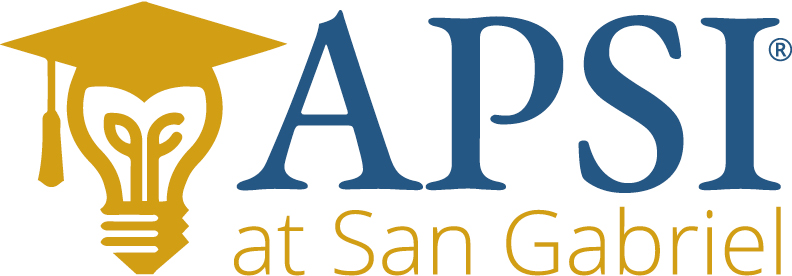Michael Boardman

Michael Boardman is Professor of Mathematics at Pacific University in Oregon where he served many years as chair of the Department of Mathematics and Computer Science and as the Chair of the Natural Sciences Division. He is the recipient of Pacific’s S.S. Johnson Award for Excellence in Teaching. Boardman has been involved in AP Calculus for 25 years, staring as a AP Reader in 1994, and rising to the level of Chief Reader for the years 2008 to 2011. Boardman was the founding moderator of the AP Calculus Electronic Discussion group and continued in that capacity for a decade. He served for five years on the AP Calculus Development Committee followed up by four years on the ETS’s AP Calculus Workgroup. He has led APSIs across the country including in Alabama, California, Colorado, Massachusetts, and Washington state. Boardman is coauthor, with Roger Nelsen, of College Calculus, a second term calculus book for college students who successfully completed AP Calculus AB in high school, and is a co-author for the upcoming Sixth Edition of Calculus: Graphical, Numerical, Algebraic, by Demana, Waits, Kennedy, Bressoud, and Boardman. He currently serves as chair of the Mathematical Association of America’s Committee on the Undergraduate Program in Mathematics (CUPM), the body that publishes recommendations on curriculum for undergraduate mathematics departments.
Course Description
This course is intended for AP Calculus AB teachers. The purpose of the course is to deepen teachers’ understanding of the calculus included in AP Calculus AB, to explore the CED and the myriad resources available for use in AP Calculus courses, to help teachers understand and experience the construction of the AP Calculus exam and scoring guidelines, and to understand the process of scoring the AP Calculus exams. We will engage in discussions on classroom techniques that improve student learning and retention.
We will examine review the Mathematical Practices (MPAC), Big Ideas, Enduring Understandings (EU), Learning Objectives (LO), and Essential Knowledge (EK) statements that comprise the AP Calculus AB curriculum. We will pay close attention to common student misconceptions and errors. Special emphasis will be given to more difficult calculus concepts and skills such as working with tabular data, functions defined by integrals, and differential equations.
We will review the structure of the AP Calculus exam, how it is constructed and scored so that participants can devise their own AP-like questions and scoring rubrics to use in their own courses. Participants will be provided opportunities to share practices and activities that they have found to be successful in their own classrooms.
Agenda
These are the topics for the week. Inclusion of individual topics will depend on participant needs and the ordering is fluid.
- Introductions and Goal Setting: what do you want to achieve this week?
- Overview of AP Calculus AB including MPACS, Framework, and Topics
- Resources available to you and your students
- The AP Calculus AB Course and Exam Description Book
- Graphing Calculators: What they do for us and what they don’t
- An overview of the AP Calculus AB Exam and the most common errors students make
- AB Material
- Calculus with functions presented graphically
- Calculus when all we have is data
- Function compositions in AP Calculus
- Average rate of change and average value
- L’Hospital’s Rule: Its justification and its use for tough limits
- The value theorems: EVT, IVT, EVT, The Fundamental Theorem of Calculus and the MVT
- Differential equations and initial value problems: Constructing DEs, working with an unsolved DE, slopefields, solving a DE with separation of variables,
- General Material
- How Much is Enough? When does a response deserve full credit on a problem?
- The Calculus Triathlon
- Creating your own MC and FR questions.
- The AP Calculus AB Exam: The process of constructing and scoring, and how cut-scores are determined.
- Calculus Jeopardy!
- Other topics as requested
- 2020 AP Calculus AB Exam: an in-depth exploration of each free-response problem
NOTE: A TI 84 graphing calculator will be used.
















